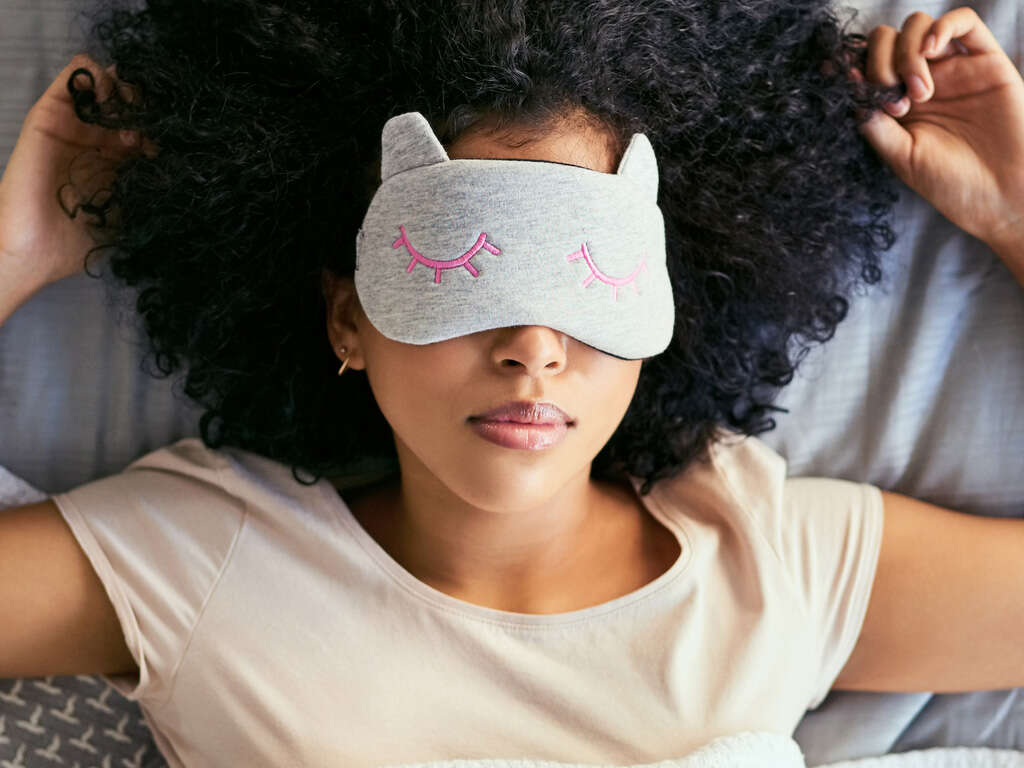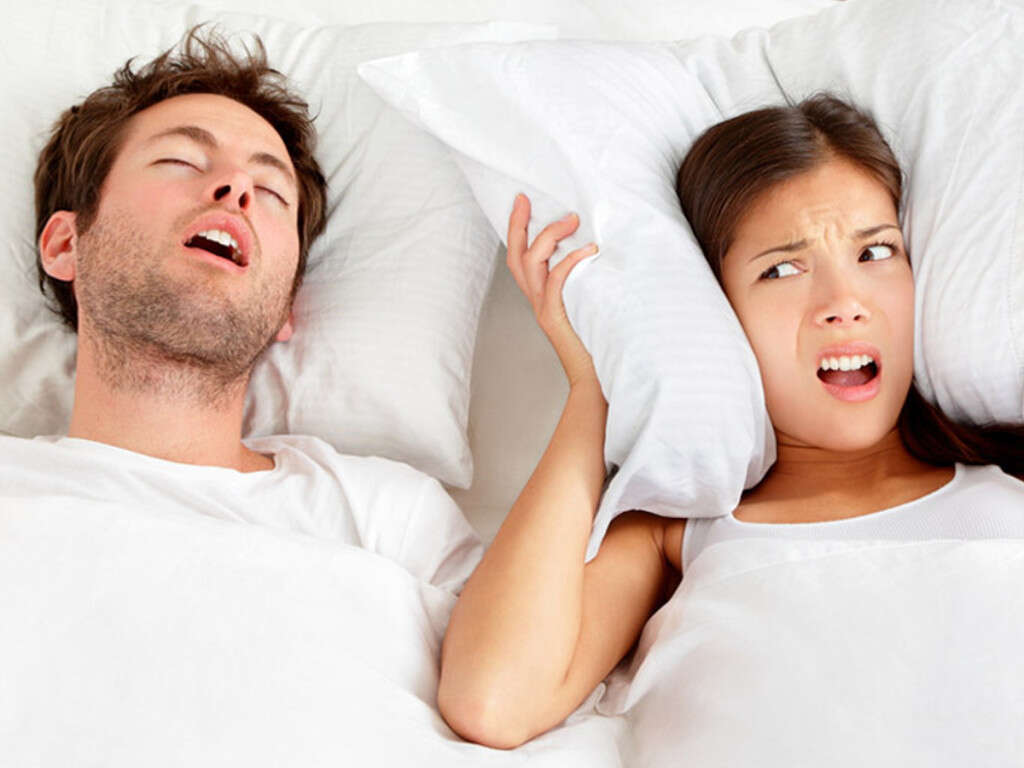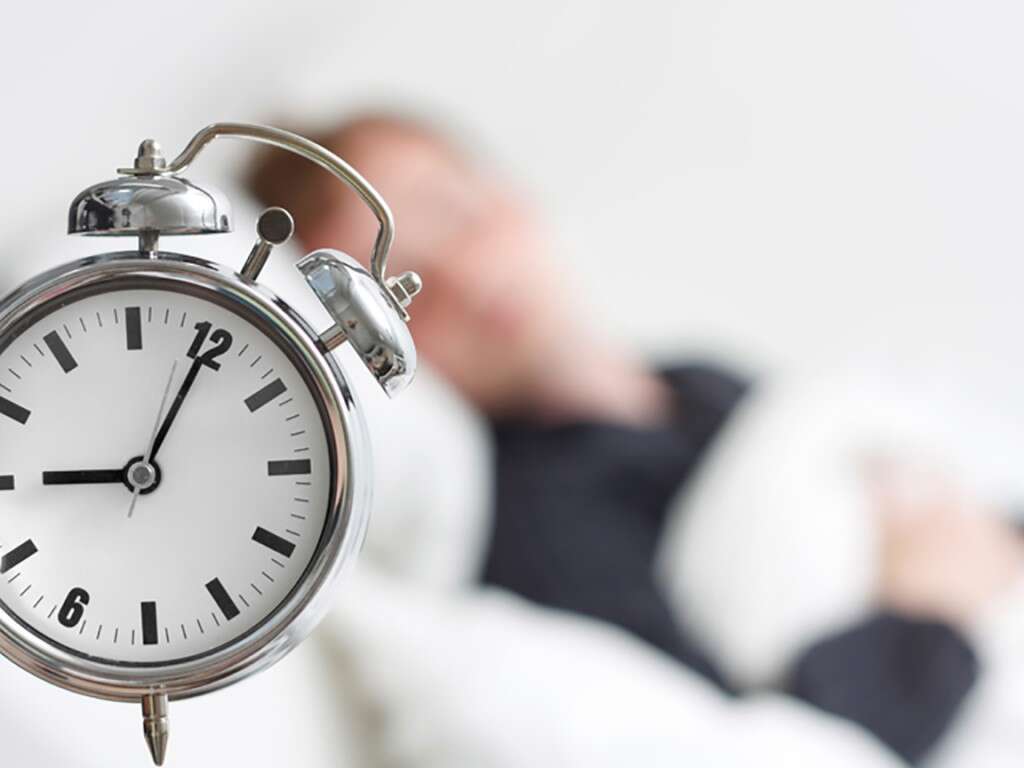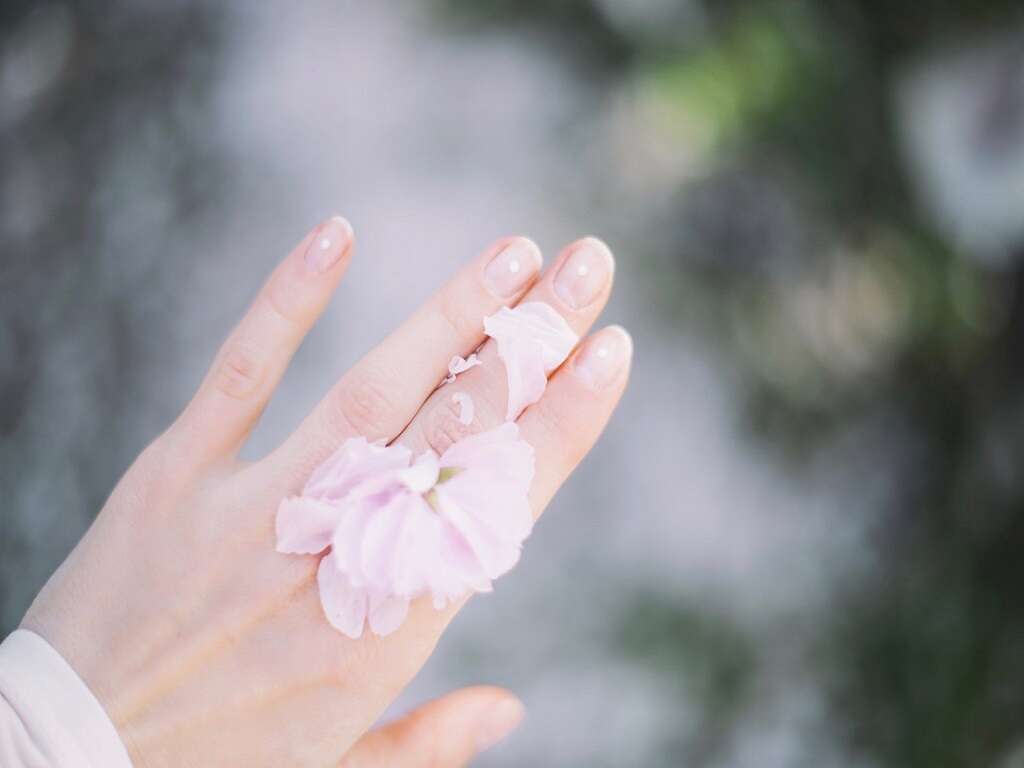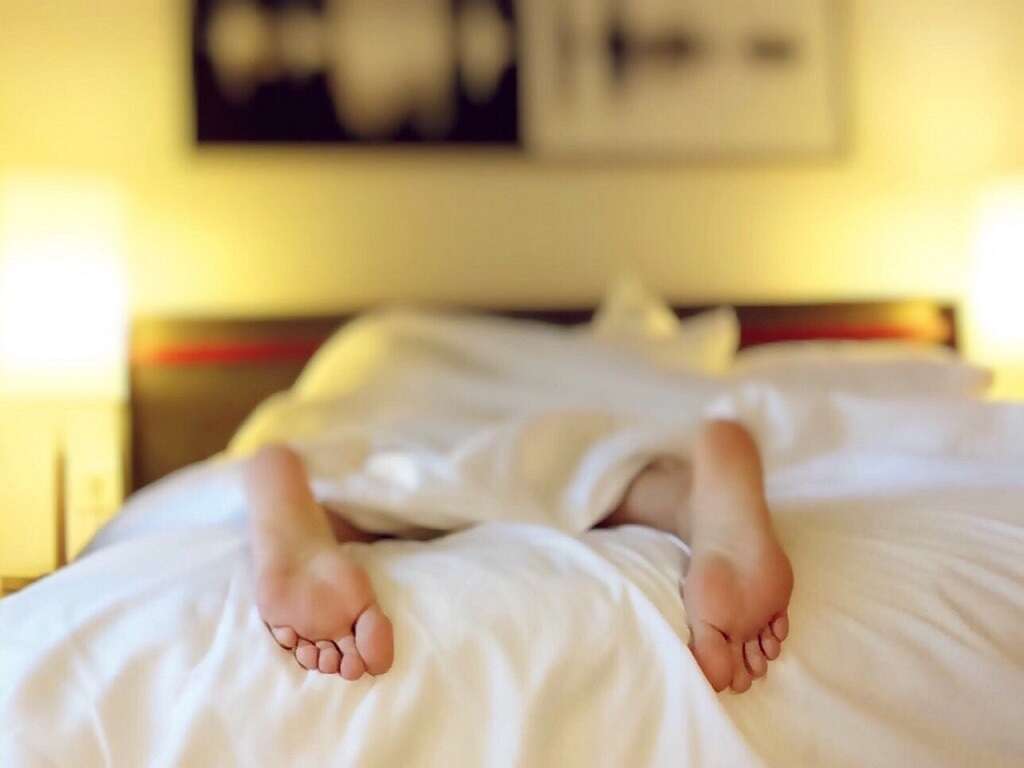How to Get Rid of Hiccups
 Article Sources
Article Sources
- 1. 'Hiccups: Causes & Treatment.' Cleveland Clinic, 6 Jan. 2021, my.clevelandclinic.org/health/diseases/17672-hiccups
- 2. UCLA Center for East-West Medicine. 'Acupressure for Beginners.' Explore Integrative Medicine, exploreim.ucla.edu/self-care/acupressure-and-common-acupressure-points/
- 3. Peleg, R., and A. Peleg. 'Case Report: Sexual Intercourse As Potential Treatment for Intractable Hiccups.' PubMed Central (PMC), Aug. 2000, www.ncbi.nlm.nih.gov/pmc/articles/PMC2144777/
- 4. Odeh, M., et al. 'Termination of Intractable Hiccups with Digital Rectal Massage.' PubMed, Feb. 1990, pubmed.ncbi.nlm.nih.gov/2299306/
- 5. Woelk, Cornelius J. 'Managing Hiccups.' PubMed Central (PMC), June 2011, www.ncbi.nlm.nih.gov/pmc/articles/PMC3114667/
- 6. 'Hiccups, Chronic.' NORD (National Organization for Rare Disorders), 11 Feb. 2015, rarediseases.org/rare-diseases/hiccups-chronic/
The diaphragm and vocal cords play starring roles with hiccups. Positioned under the ribcage, beneath the lungs and above the stomach, the diaphragm sucks in air when it spasms or involuntarily contracts. After this malfunction, the glottis between the vocal cords shuts, stopping more air from coming in and creating the characteristic "hic" sound.1‘Hiccups: Causes & Treatment.’ Cleveland Clinic, 6 Jan. 2021, my.clevelandclinic.org/health/diseases/17672-hiccups
Hiccups are annoying for just about everyone, especially when they last longer than usual. But thankfully, they're usually short-lived. It's those atypical, enduring cases that have people searching for how to get rid of hiccups. Fortunately, there are dozens of techniques.
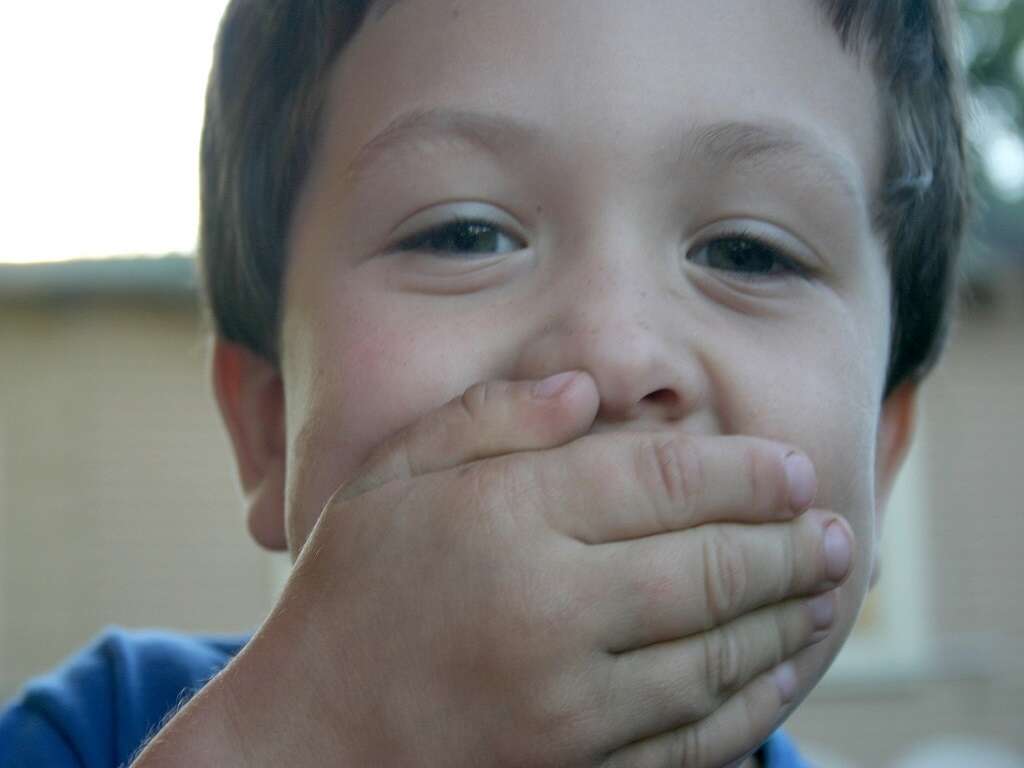
Prevention
Naturally, prevention is the best form of medicine for any unwelcome condition, including hiccups. While it's not possible to prevent hiccups one hundred percent of the time, reducing how often they occur is doable. Applying these simple preventative measures is helpful in eliminating the need for ways to get rid of hiccups.
Some options include avoiding spicy foods and carbonated beverages and eating smaller helpings at mealtime while consuming food more slowly. Lowering alcohol intake can be helpful as well. Regularly practicing effective relaxation techniques for stress reduction is also beneficial for preventing hiccups and reaping other healthy rewards.

Breathing Techniques
Hiccups involve organs and areas that are key to the breathing process. As a result, simple breathing techniques can solve the problem. Holding your breath for about 15 to 20 seconds is one of the first things people try to end their hiccups.
Swallowing three times during breath-holding may enhance results. Slow, measured inhalations and exhalations for counts of 4 or 5 may also work. As a last resort, breathing slowly into a paper bag can help adjust carbon dioxide blood levels for hiccup relief.
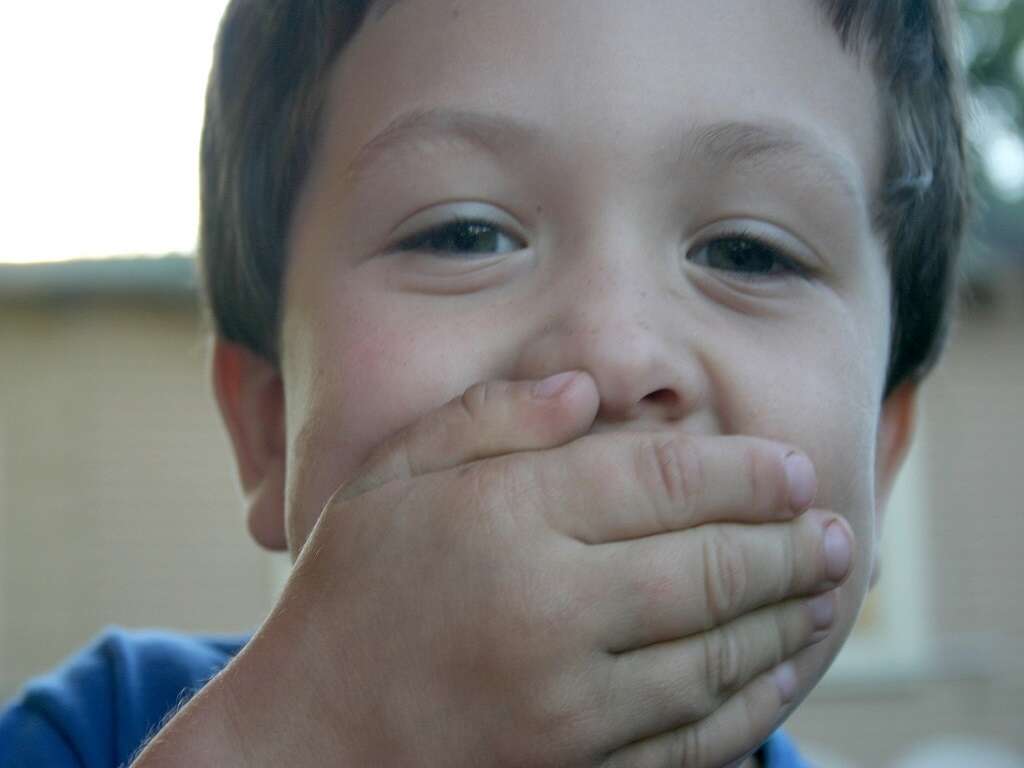
Water-Related Methods
Drinking water is another effective way of tackling hiccups. Cold water may startle the diaphragm back into normal functioning. It also stimulates the vagus nerve that runs from the brain to the stomach.
Beyond drinking water normally, try quickly drinking a glass of cold water with ice. Don't stop to breathe as long as you're drinking. Squeezing the nose while drinking may also help. Gargling with water is another option.

Consuming Something
The acidic or sour taste of vinegar, lemons, or olives may trigger nerves that impact hiccuping, stopping them in their tracks. Home remedies include biting or sucking on a lemon, swallowing a teaspoon to a tablespoon of vinegar and eating an olive.
Going the sweet route may work too with granulated sugar, honey or sweetened peanut butter. It's best to let these foods sit in the mouth for about 10 to 20 seconds before swallowing.
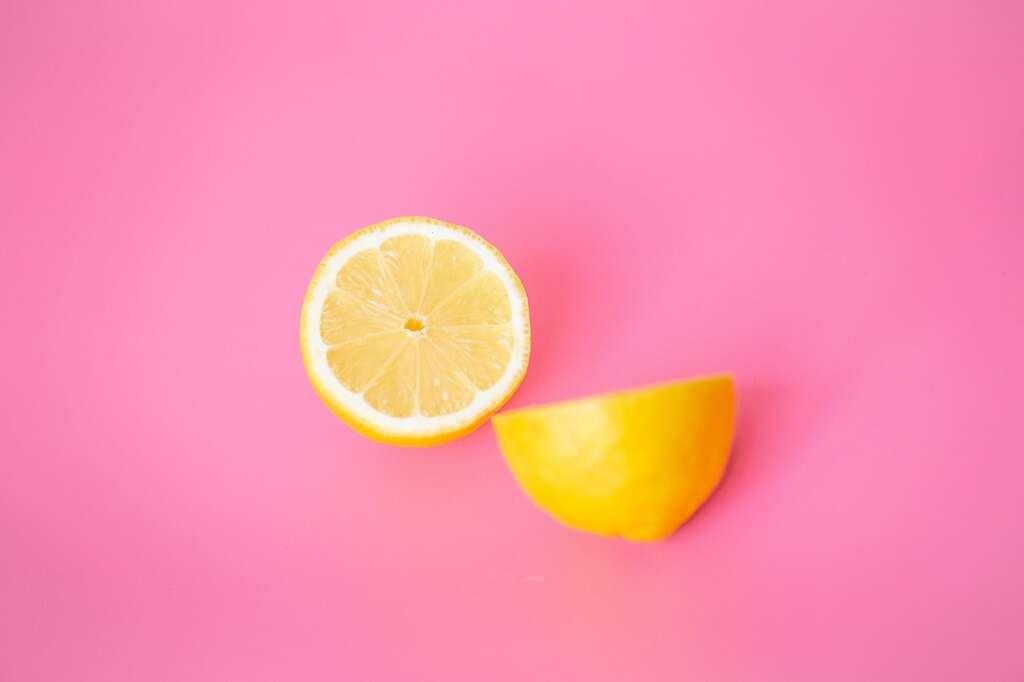
Physical Manipulation
Applying gentle pressure to the diaphragm may be enough to stop the hiccup-causing spasms. A good way to do this is by sitting in a comfortable spot and pulling the knees up to the chest. Hold that position for at least two minutes. Bending all the way over can also apply appropriate pressure.
Stimulating the gag reflex to trigger the vagus nerve sometimes works as well. Very gently stick a finger down the throat for this method to encourage coughing or gagging.

Pressure Points and Nerve Stimulation
Many people swear by acupressure, using pressure points on one area of the body to relieve symptoms elsewhere.2UCLA Center for East-West Medicine. ‘Acupressure for Beginners.’ Explore Integrative Medicine, exploreim.ucla.edu/self-care/acupressure-and-common-acupressure-points/ To try this technique, apply gentle pressure to the right palm with the left thumb or vice versa. There are a few acupressure points in the abdominal area as well.
To stimulate the phrenic nerve running between the spinal nerves in the neck and diaphragm, massage the back of the neck.
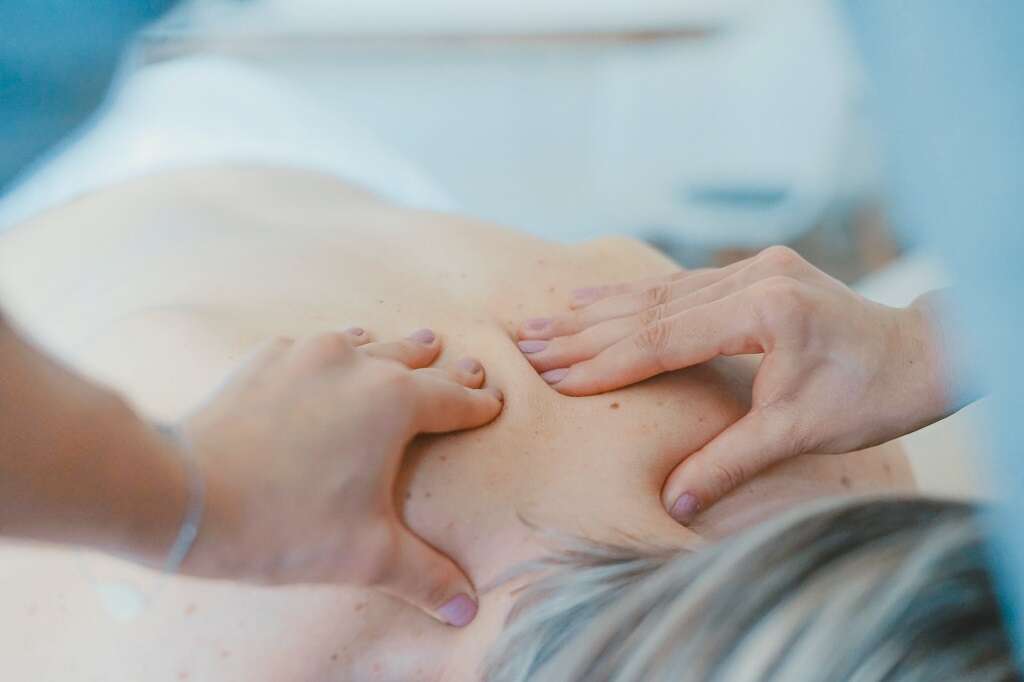
Outside Distractions
Jumping out and yelling Boo! at someone with hiccups is an old remedy many people are familiar with. Surprisingly, it often works due to the power of distraction. But it doesn't have to be that dramatic. Simply asking the person with hiccups a difficult or unusual question can have the same effect, distracting them while they're concentrating on the answer.
Engaging in stimulating, engrossing activities serves as an effective distraction, as well. Try working a crossword, playing a video game or solving a math problem.

Unconventional Measures
When all else fails, it may be time to try unconventional measures. These two adult-only techniques have demonstrated success. Number one is having an orgasm, with or without a partner. The theory is the excitement or surprise of achieving an orgasm can startle someone out of having the hiccups.3Peleg, R., and A. Peleg. ‘Case Report: Sexual Intercourse As Potential Treatment for Intractable Hiccups.’ PubMed Central (PMC), Aug. 2000, www.ncbi.nlm.nih.gov/pmc/articles/PMC2144777/
Rectal massage is the second cessation measure. This technique was discovered with a 60-year-old man whose persistent hiccups finally went away after digital rectal massage was applied twice.4Odeh, M., et al. ‘Termination of Intractable Hiccups with Digital Rectal Massage.’ PubMed, Feb. 1990, pubmed.ncbi.nlm.nih.gov/2299306/

Medication
When the endless hiccups become too much to bear, driving the individual to the doctor, medication may be warranted.
Antipsychotic medications chlorpromazine (Thorazine) and haloperidol (Haldol), anti-nausea medicine metoclopramide (Reglan) and anticonvulsant baclofen (Gablofen) may be prescribed for unrelenting hiccups.5Woelk, Cornelius J. ‘Managing Hiccups.’ PubMed Central (PMC), June 2011, www.ncbi.nlm.nih.gov/pmc/articles/PMC3114667/ Unfortunately, these and other medications commonly used to manage intractable hiccups many unwelcome side effects, so various treatments are applied as required by each individual case, based on the benefits versus risks.
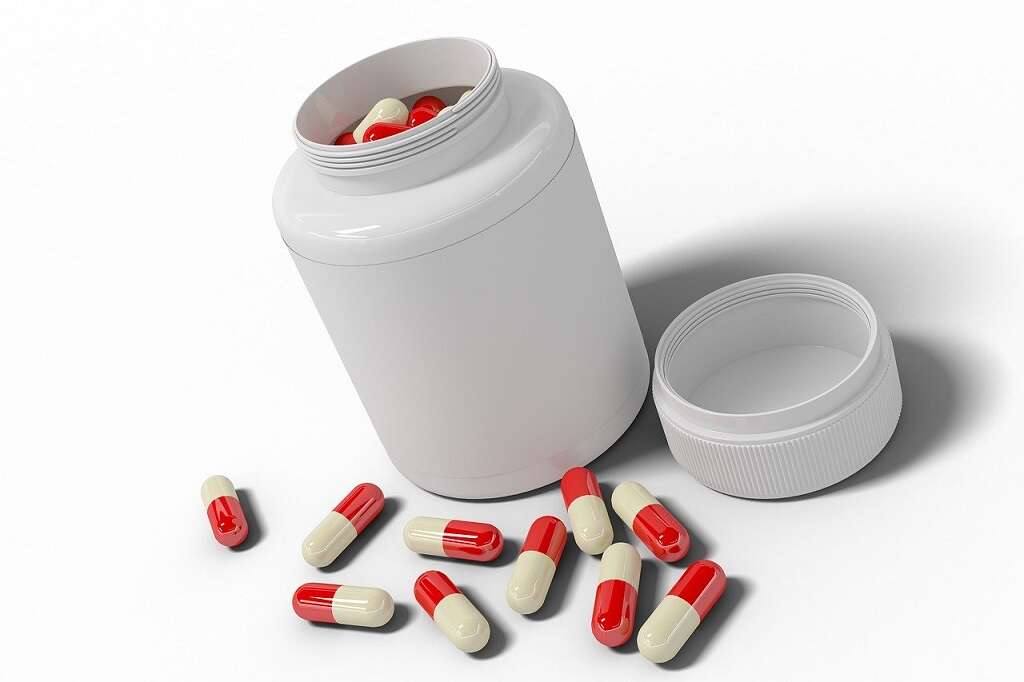
Persistent and Chronic Hiccups
Persistent hiccups continue without relief for over 48 hours but less than a month, often requiring medical intervention. Though hiccups are an atypical gastroesophageal reflux symptom, GERD, also called acid reflux, could be one cause.
In rare cases, chronic or intractable hiccups that last longer than a month could be a sign of a serious medical condition like stroke, brain lesions, kidney or liver disorders or multiple sclerosis.6‘Hiccups, Chronic.’ NORD (National Organization for Rare Disorders), 11 Feb. 2015, rarediseases.org/rare-diseases/hiccups-chronic/ If hiccups are disturbing routine activities, like sleeping, eating and concentrating, diagnostic tests may be necessary.



